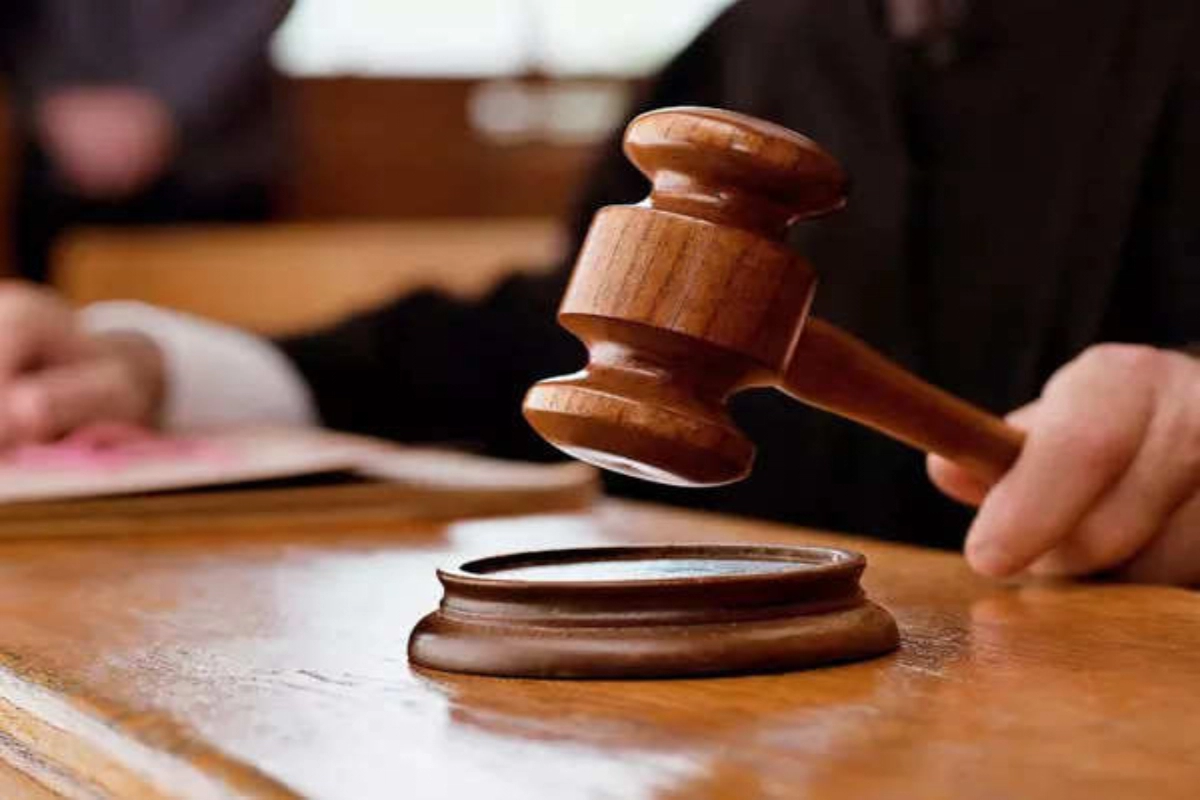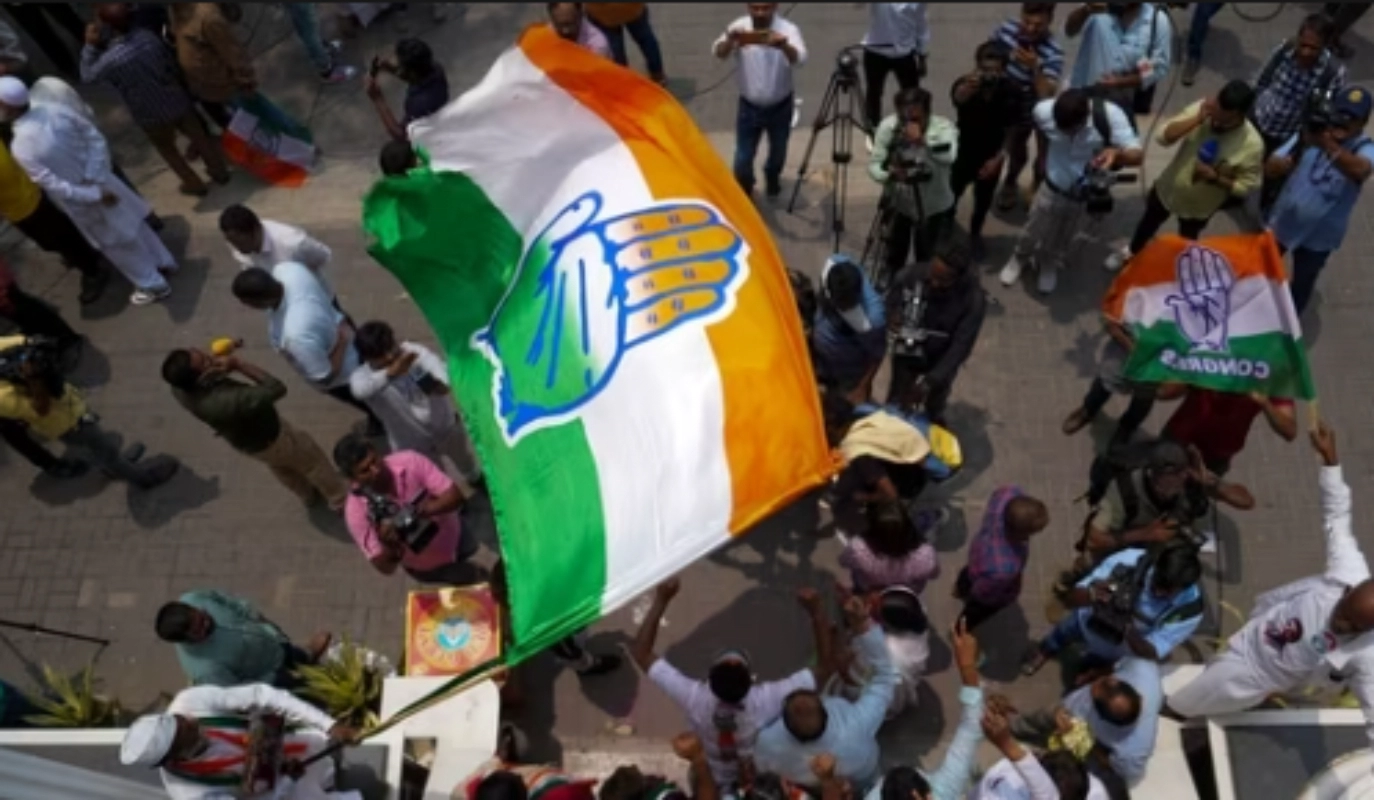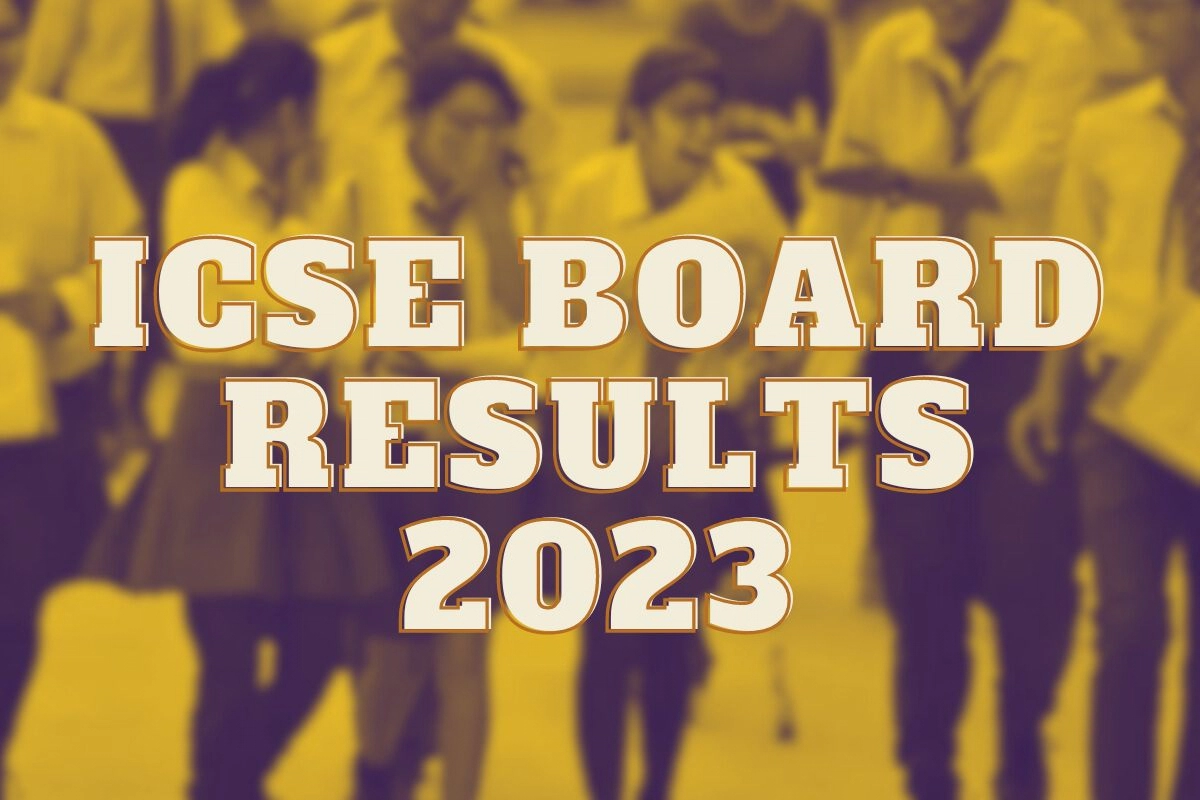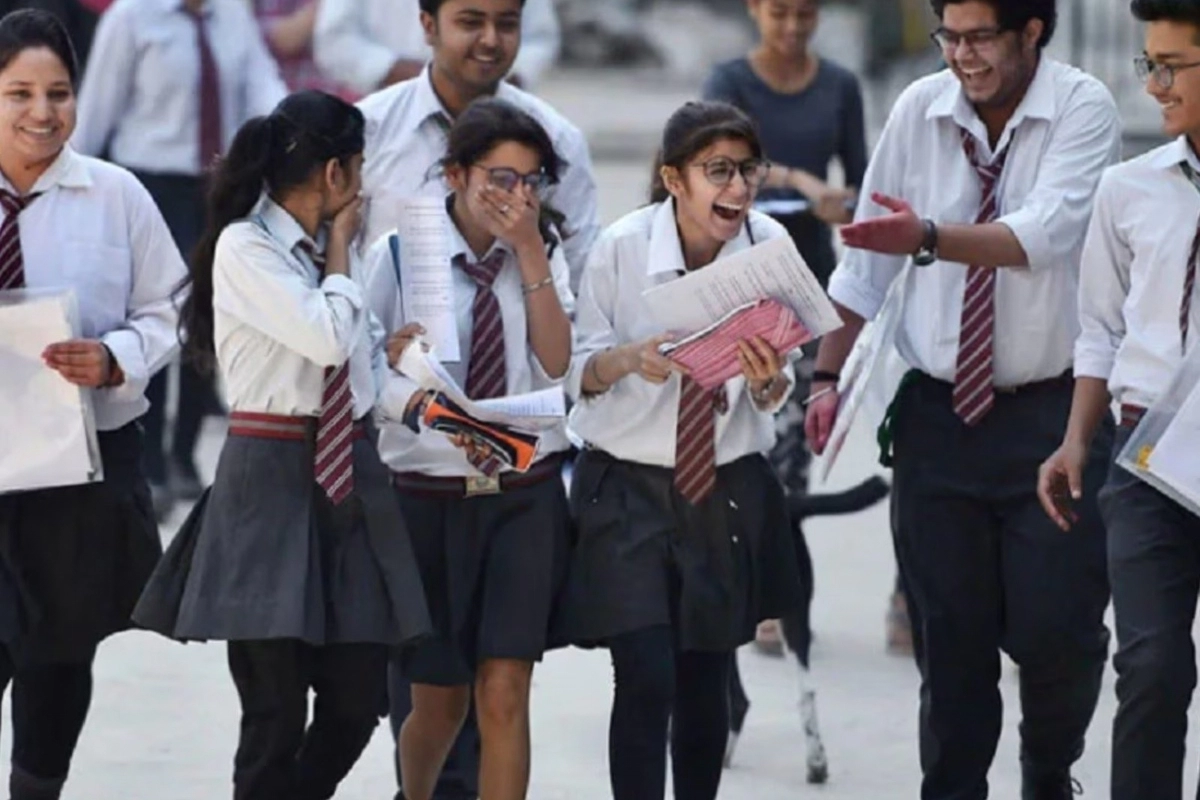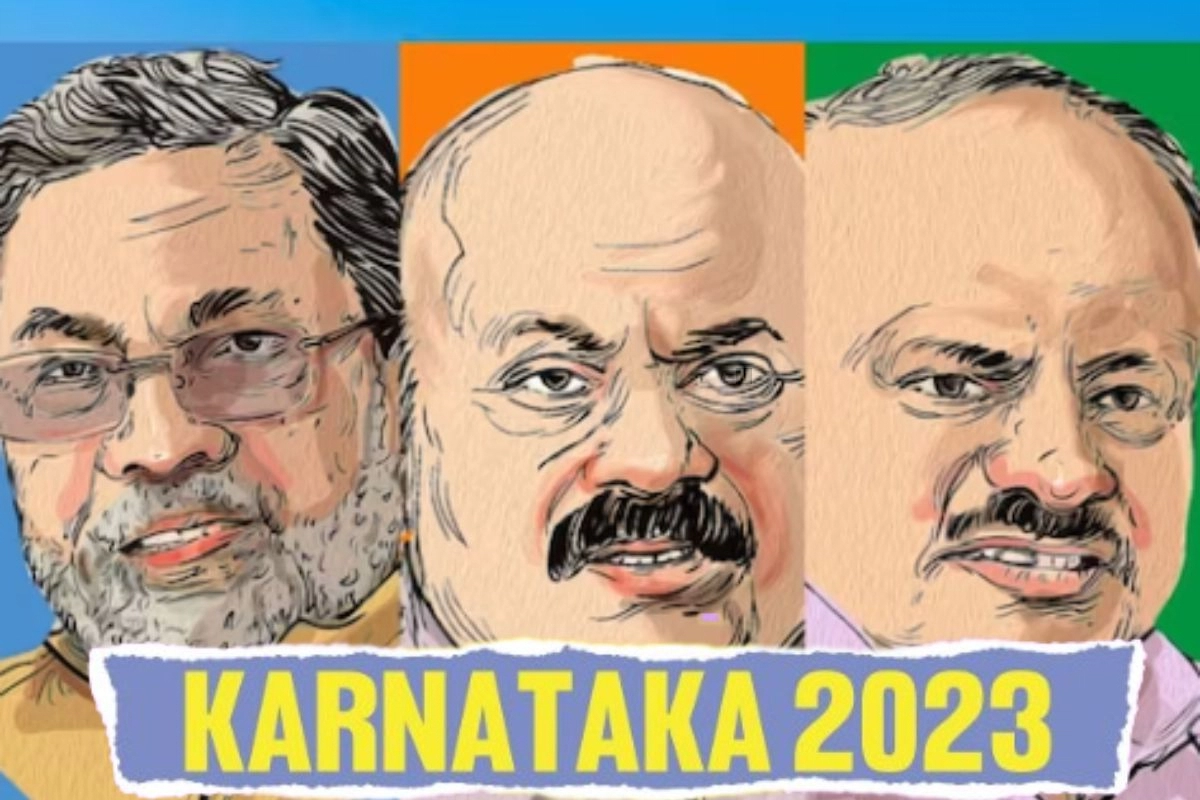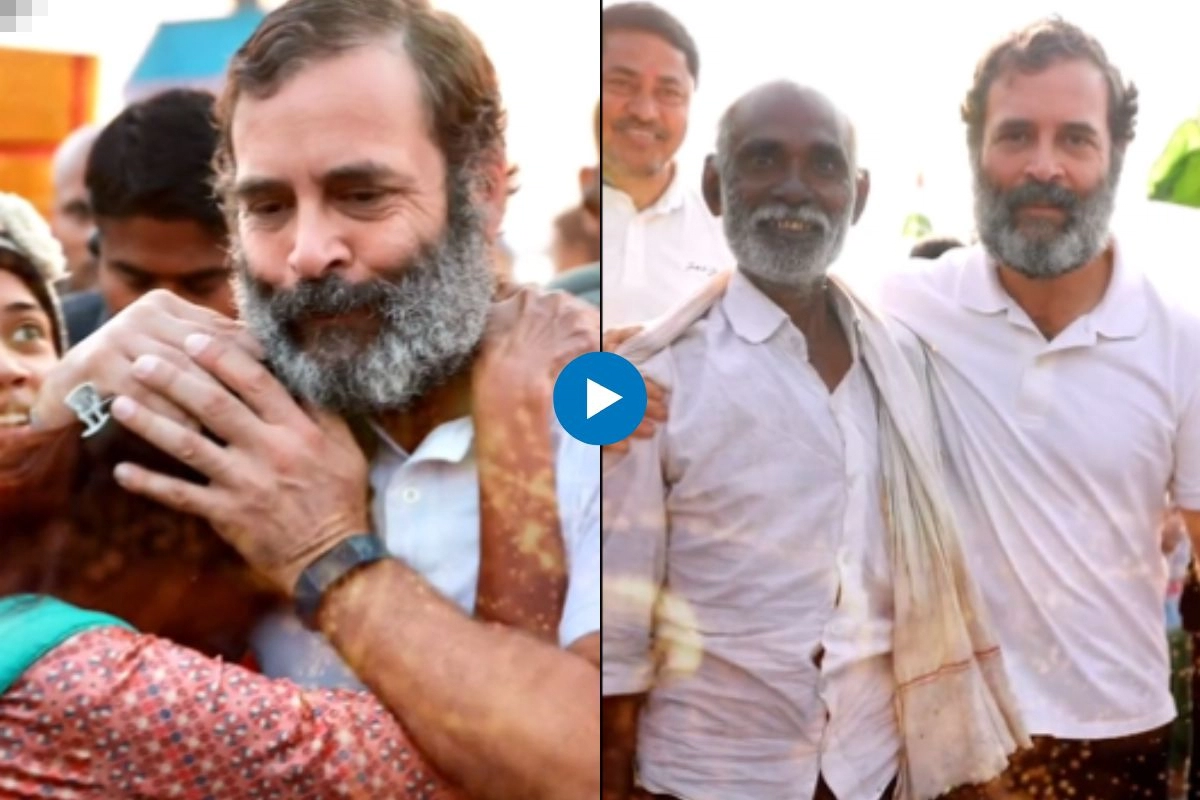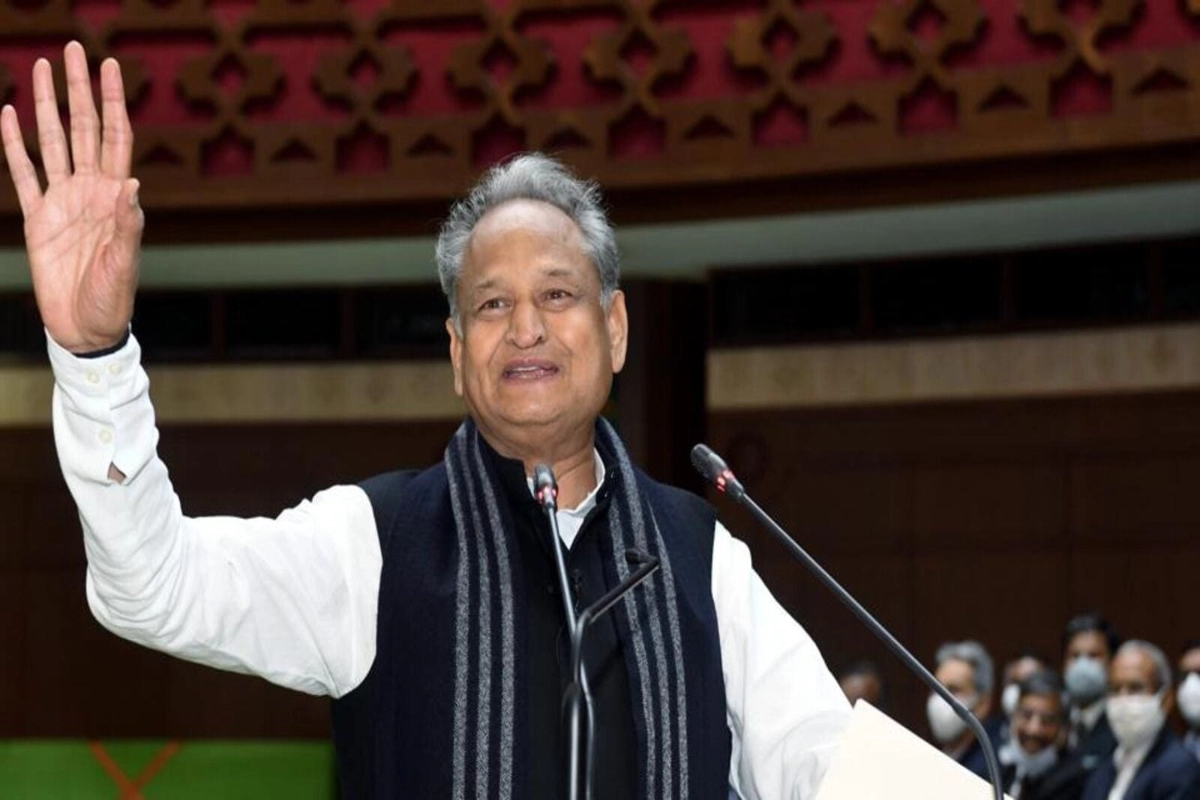In a 2002 post-Godhra riots case in which none of the 17 victims’ bodies were discovered, the Gujarat High Court ruled that the police must have a substantial body of evidence before charging someone with murder.
However, the court cleared every accused defendant.
In its ruling on Tuesday, the court in Halol, Gujarat’s Panchmahal district, referred to the Latin term “corpus delicti”—which means “body of the crime”—and stated that it applies to all crimes but is particularly crucial in a murder inquiry.
Court further stated that it is a general rule not to convict anybody until the body has been found.
Case Background & its update
• 17 members of a minority community, including two children, were allegedly attacked and killed by a mob of 150 to 200 individuals in the violence that erupted at Delol village in Panchmahal after the February 27, 2002, Godhra train massacre.
• Police had detained 22 suspects in the case, of whom three were included in the first charge sheet and 19 in the second, and had filed two separate charge sheets against them in 2004.
• Due to a lack of evidence, the Halol court on Tuesday exonerated 14 of the 19 defendants in the second charge sheet.
• The eight further defendants in the case were cleared of all charges because they passed away while the trial was still pending, which took more than 18 years.
• Since 2006, all of the suspects have been free on bail. The prosecution claimed in court that some of the 17 missing people were burned alive or after being murdered using kerosene and wood in an effort to destroy the evidence. The police were unable to locate any of the bodies of the missing people.
• The court of Additional Sessions judge Harsh Trivedi remarked that even DNA profiling could not be done on the “totally burnt bone bits” collected during the investigation while clearing the defendants for lack of evidence.
Court cites rule: “corpus delicti” (body of the crime) – Applies to all crimes , but it is especially important in a murder investigation
The Court asks in its order:
”There should be a body or at least a body of evidence for police to work with before they charge someone with murder. When someone goes missing and police don’t have a body or at least a body of evidence, how can police proceed further or work with which don’t exist?’
Further it stated,
”It is a general rule not to convict anybody unless corpus delicti can be established, that is until the dead body has been found,”
FSL (forensic) report – no DNA profiling obtained
The law of corpus delicti was automatically required to be taken into consideration on January 7, 2004, when the FSL (forensic) expert indicated that no DNA profile could be retrieved from the entirely burnt bone parts, which were allegedly those of the missing persons.
Police could not find bodies of alleged murdered victims
The court stated that the police were unable to locate the remains of the suspected murder victims, as well as demonstrate the use of the recovered weapons in committing the crime or the presence of the accused individuals there.
Prosecution could not establish that mob chased the members of muslim community
It said that neither the presence of an ignitable liquid nor the mob’s pursuit of Muslim community members until the scene of the crime could be shown by the prosecution. It was observed that the prosecution had claimed that some of the victims had been burned after the murder while others had been charred to death.
According to the case details, a mob of 150–200 persons from Delol and surrounding villages who were enraged about the Godhra train atrocity attacked members of the Muslim community on March 1, 2002. They were armed with sharp weapons and sticks.
Around two weeks later, 17 people went missing from a relief camp and the prosecution said they were among those who were attacked by the crowd.
Forensic Examination of Bones Remains: Charred incomplete bones
According to the authorities, a hysterical mob brandishing sharp weapons and kerosene oil attacked and killed 17 persons.
Police subsequently detained 22 suspects, three of whom were charged on April 14, 2004, and 19 others on August 31, 2004, respectively.
In both situations, the legal processes were conducted concurrently. After the three defendants passed away while the case was pending in a Godhra court, the first case was dismissed. Later, Halol received the other case in which 19 persons were charged.
Keep watching our YouTube Channel ‘DNP INDIA’. Also, please subscribe and follow us on FACEBOOK, INSTAGRAM, and TWITTER


